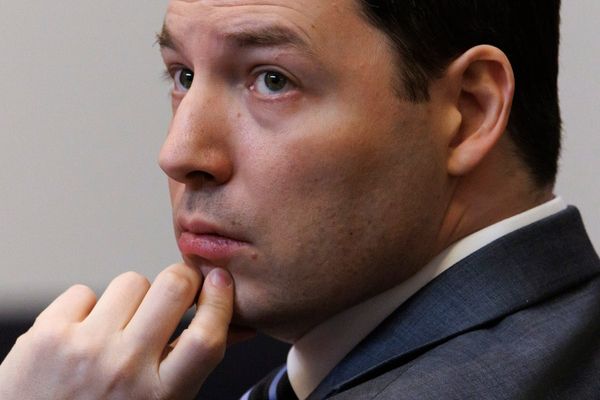
Uber’s push into patient transport has renewed calls to regulate the gig economy with minimum pay and conditions.
On Friday the rideshare company launched Uber Health in Australia to provide non-emergency transport for medical appointments, competing with state-based taxi voucher schemes.
The new service will allow doctors and medical centres to schedule, manage and pay for rides for patients and caregivers in one digital hub, allowing riders to access transport even without a smartphone.
Sam Brown, head of Uber for business ANZ, said the services would “help streamline healthcare transport, reduce the strain missed appointments cause, and improve the overall patient experience”.
“Uber Health helps to reduce transportation as a barrier to care for those who may not otherwise have their own way to get to or from an important appointment, and is also just one of the ways we’re working to create new earning opportunities for driver-partners.”
The expansion comes ahead of September’s jobs and skills summit, at which the Albanese government will receive input into its policy to give the Fair Work Commission powers to order minimum conditions in the gig economy.
Unions have sought to challenge gig economy companies’ claims their workers are independent contractors, not employees.
But a recent high court decision giving primacy to the form of the contract rather than patterns of work has left regulation the best chance to improve workers’ conditions.
In July the Transport Workers Union and Uber struck an in-principle deal recognising the need for minimum earnings for drivers to achieve cost recovery, and improved dispute resolution processes for drivers removed from the platform.
The TWU national secretary, Michael Kaine, said Uber’s expansion into patient transport makes “clear the gig model of work will pervade every aspect of our lives, which is why it is so critical to get urgent reform in place and in the right way”.
“Through an absence of regulation in Australia, the gig economy has caused an erosion of workplace rights that has led to deaths, injuries, unfair sackings and workers ripped off the minimum wage,” he said.
In July Guardian Australia revealed Uber understood it was operating illegally when it launched in Australia and fiercely lobbied governments to legalise its local operations.
In a jobs and skills summit issues paper, released on Wednesday, the Treasury noted in 2019 about 250,000 people worked in the gig economy.
It said that although the gig economy “should offer greater options to both businesses and workers … there are pressing concerns about their impact on job security and wages”.
“Many workers in Australia experience significant income variability and need to work multiple jobs to cover their cost of living,” it said.
“There are significant concerns that the current workplace arrangements underpinning the gig economy may be restricting the rights of some workers.”







